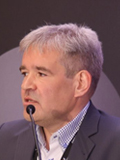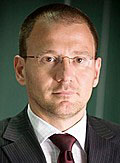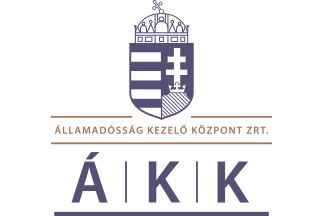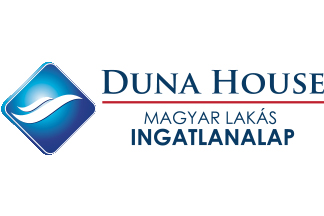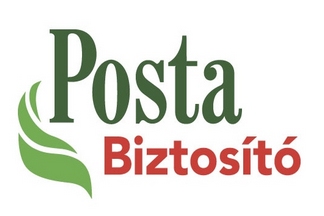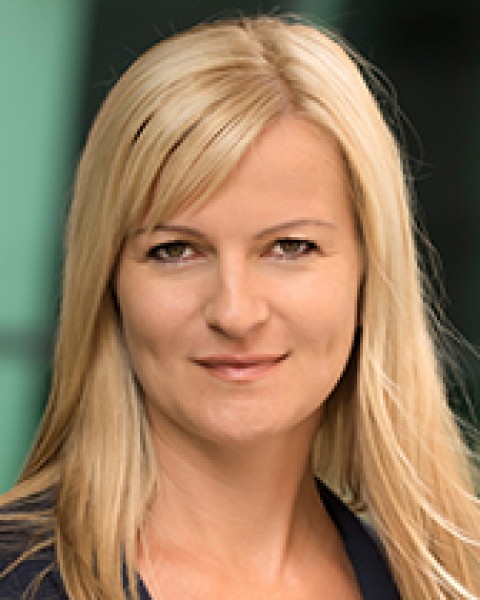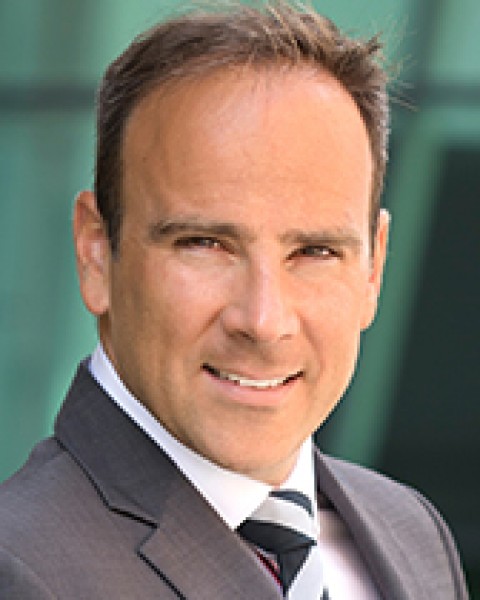According to the latest analysis by the OECD, by 2050 there will be 53 retired people for 100 active workers, compared to a one in three ratio in 2015. This presents challenges to the state pension system, as maintaining the present level of pensions and quality of life of pensioners will become increasingly difficult in an ageing society with a dwindling workforce.
As a result, retirement savings and self-provision will play an increasingly important role, something few people recognise: the membership of voluntary pension funds has been unchanged for years, demand for retirement savings accounts is falling, and only pension insurances have grown in the past year.
The capital market environment is not making things easier for players in the savings market, either: following an outstanding year in 2017, they now have to produce substantial yields for their customers in a much more hectic capital market. Although premium banks and private banks have increased both their customer base and the assets managed, customers are clearly concerned about geopolitical tensions, overheated stock markets and rising inflation.
Service providers who want to reach attractive yields even among these market conditions will have to be open to alternative and often riskier investment opportunities, while the digital transition is in full swing and fintech companies and startups offering innovative savings and self-provision solutions are popping up in large numbers to join the traditional players in the market.
Portfolio's conference on self-provision, held this year for the eighth time, will focus on topics including the effects of demographics and labour shortage on pensions and retirement savings, the self-provision solutions of neighbouring countries, the opportunities and challenges that fund managers and private banks face, or the latest developments in the pension fund and insurance markets, while fintech companies offering savings and self-provisioning solutions will also be introduced.



















